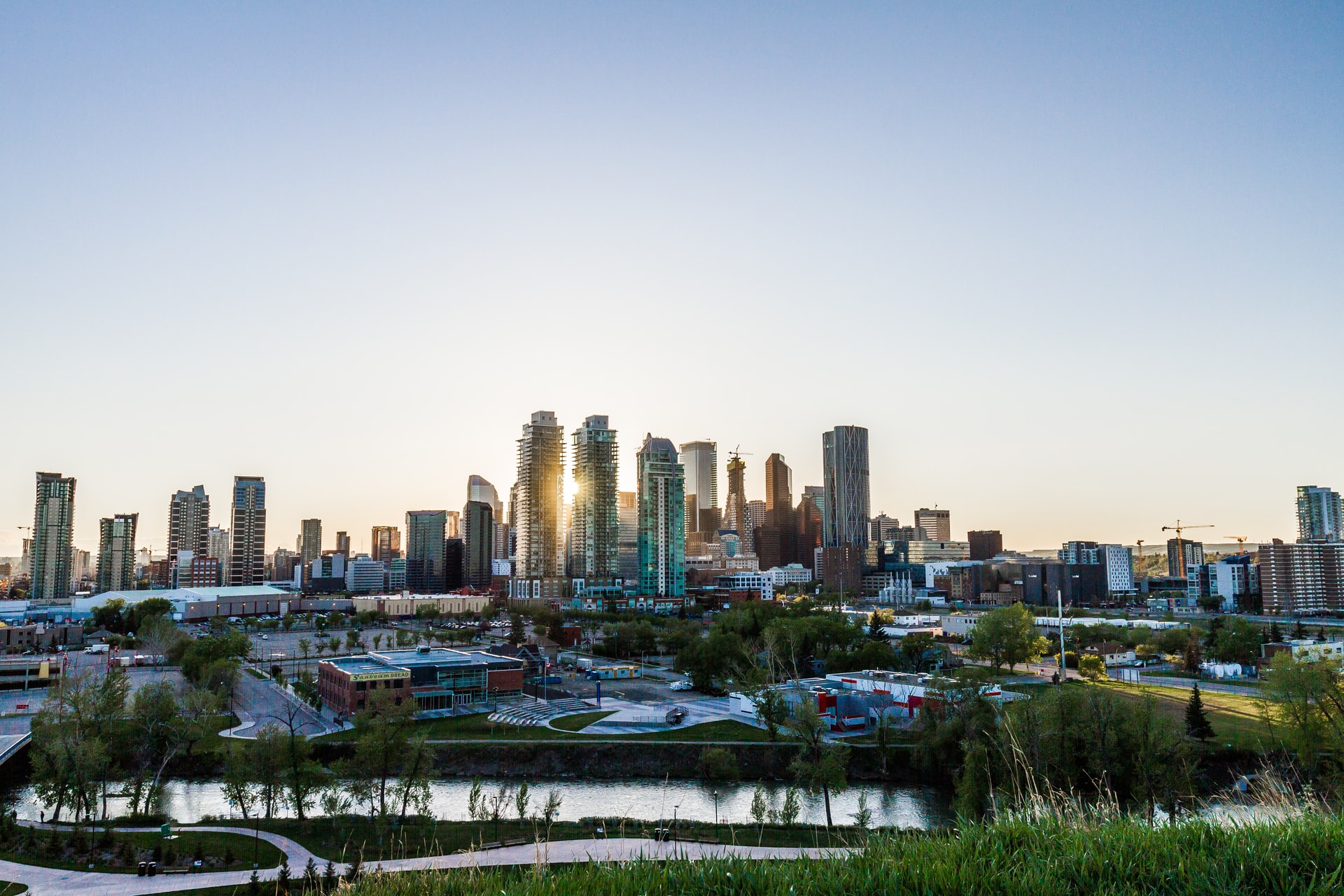Canada News
Albertans have more in common than recent elections suggest

This dramatic turn of events came just a few years after voters elected the province’s first Muslim mayor in 2010 and female premier in 2011. (File Photo: Kyler Nixon/Unsplash)
Politics in Alberta are more volatile than ever. And the environment appears to be getting increasingly hostile, with the common ground between progressives and conservatives shrinking election by election.
After four decades of Progressive Conservative governments, Albertans appeared to swerve left in 2015 by electing the New Democrats led by Rachel Notley. This dramatic turn of events came just a few years after voters elected the province’s first Muslim mayor in 2010 and female premier in 2011.
In these ways, the province seemed to have shifted away from its “cowboy” past, becoming one of Canada’s most urbanized and ethnically diverse provinces.
Return of the Conservatives
The status quo appeared to return, however, when Jason Kenney’s new United Conservative Party (UCP) took back control of the provincial government in 2019. But within months, the government’s inability to handle a dramatic downturn in commodity prices and the onset of the COVID-19 pandemic prompted Albertans to turn against the UCP.
Under new leader Danielle Smith, the UCP retained power with a narrow majority, losing most of their seats in Calgary while tallying massive victories in rural areas.
What to make of these sudden swings in party support? Is Alberta as conservative as its conventional image suggests? Are Albertans becoming increasingly polarized? Ongoing Common Ground research conducted by our University of Alberta research team suggests: in some ways, yes. In other ways, no.
Our team has been in the field since 2019, studying public opinion and political culture in the province. More than anything, our Viewpoint Alberta surveys and Common Ground focus groups reveal a growing gulf between who Albertans actually are, as individuals, and who they see themselves to be, as a community.
When asked which values are big features of provincial politics, most Albertans continue to describe the dominance of “Wild West” notions like freedom, western alienation, bootstrap individualism and prosperity. In short, their perception of the typical Albertan remains rooted in a cowboy past.
This collective, right-wing mentality helps shape the realm of the possible in the minds of many politicians and voters. If we believe that the typical Albertan favours libertarian policies, for instance, we are less likely to raise moderate or progressive alternatives for fear of being labelled out of touch.
Regardless of their own political leanings, most Albertans see their community as overwhelmingly conservative and resistant to change.
Albertans more united than it appears
Yet when asked about their own political preferences, the average Albertan is far less conservative than the cowboy image suggests. This is true in both urban and rural areas, as Albertans are more united than meets the eye. They tend to be moderate, even progressive, when it comes to social issues like health care and inclusion.
Consider the findings from the latest election study from C-Dem, an election research consortium, that connected our Viewpoint Alberta team with a group of researchers studying federal and provincial politics across Canada.
A full 40 per cent of Albertans believe government should be spending more on social programs, while only one in 10 think the province should be spending less. On education, 60 per cent believe Alberta should spend more, while only five per cent think there should be less spending.
Results from the same survey show that many Albertans simply don’t view their broader community in the same progressive terms.
When asked to place the “typical Albertan” on an ideological spectrum, more than two-thirds (70 per cent) position that person on the right. In reality, however, roughly half of Albertans place themselves in the centre or on the left of that same spectrum, with the other half indicating they are right-wing.
When a society’s collective image diverges from the values of many of its members, cultural rifts can widen. Heated disputes often erupt between those looking to redefine their community’s values and those seeking to preserve them. Communities can succumb to polarization, factionalism and paralysis.
Instead of viewing opponents as adversaries with whom we share broad objectives, people start to see them as enemies to be “owned,” discredited or even destroyed in case they ruin our livelihoods and ways of life.
Politics becomes a contest to humiliate, harm and delegitimize rather than building for a shared future. This sort of factionalism breeds instability, as witnessed in countries like the United Kingdom via Brexit and the rise of Donald Trump’s Make America Great Again movement in the United States.
Talking to Albertans
Our Common Ground research team is visiting communities across Alberta this summer to get a handle on whether these sorts of forces are at play closer to home.
Over the past four years, we’ve been impressed at the level of civility and moderation displayed by everyday Albertans. At the same time, we have seen worrying signs of factionalism.
Politicians have been targeted for harassment; politicians have targeted citizens in the same way; local politics in some communities are devolving into bitter partisan battles.
This summer, we’re looking for more Albertans from all walks of life to sign up and join us for a conversation about what we can do to rebuild common ground within and among our communities.
There’s more that unites Albertans than election results and political rhetoric suggests.![]()
Jared Wesley, Professor, Political Science, University of Alberta
This article is republished from The Conversation under a Creative Commons license. Read the original article.





















